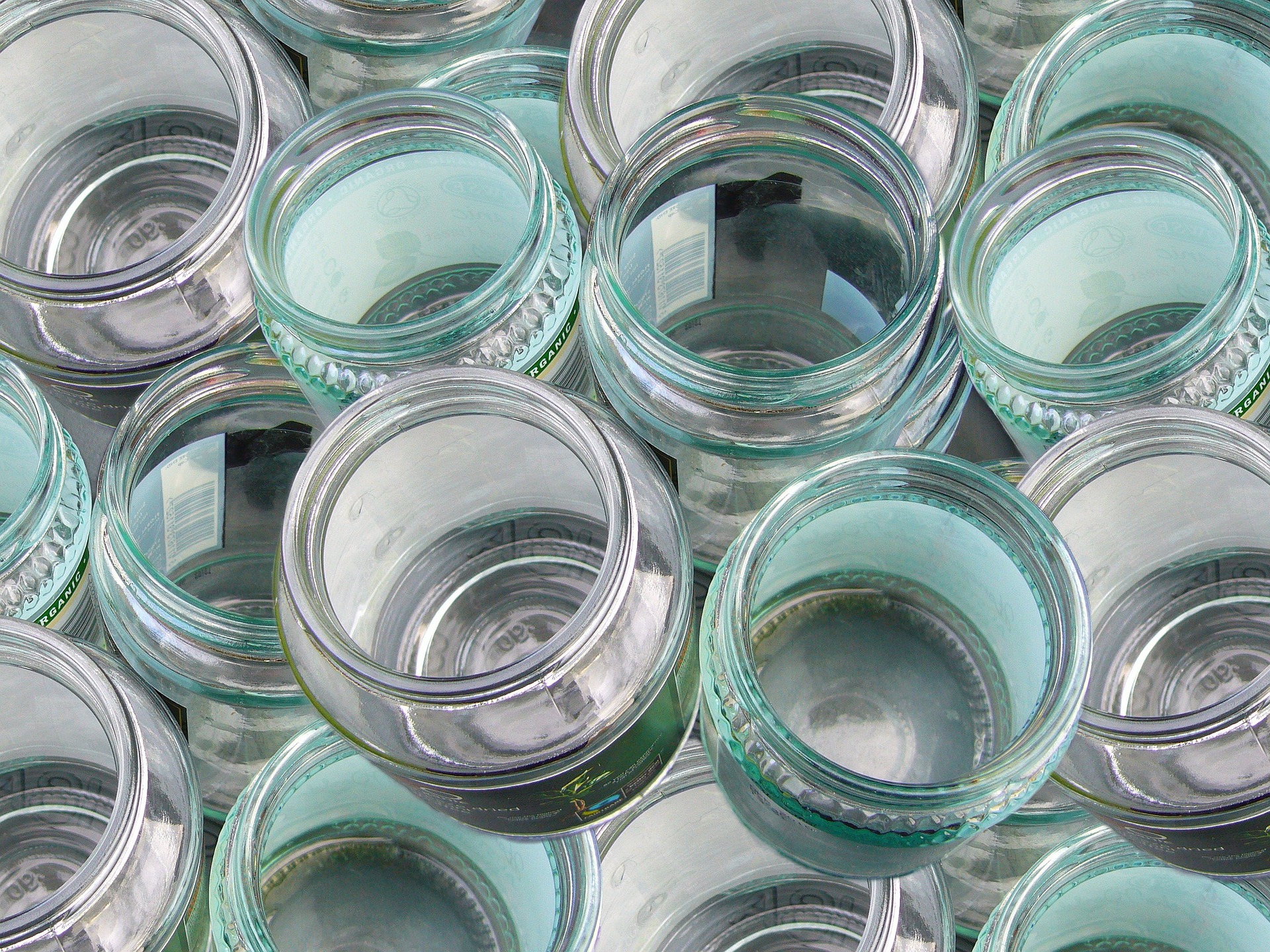Recycling is essential to economic and environmental success — and Midwest offers solutions to keep this vital industry humming.
Although we’ve come a long way since the introduction of curbside recycling in the 1970s, recycling participation in the U.S. remains shockingly low. According to the EPA, Americans recycle just 34% of all recyclable material, sending about $7 billion worth of reusable items to landfills each year.
Recycling is about so much more than just keeping waste out of landfills — it’s a great way to conserve resources, drive economic growth, and protect our environment.
Saving Essential Resources
At its most basic level, recycling prevents valuable materials from going to waste, allowing a vast array of product types to be reused. While it’s common knowledge that aluminum, plastic, and paper are recyclable, did you know that most electronics, clothing, and even cooking grease have value even after heavy use? Producers and consumers alike are hurt when new goods have be made from entirely new materials; recycling helps lower costs for all parties.
The cascading resource savings of recycling are a wonder to behold. A basic fact of industrial production is that it typically utilizes a number of resources not evident in the final product. For example, in addition to saving 24 trees, recycling a ton of office paper conserves 7,000 gallons of water. In addition to saving 2,500 pounds of iron, recycling a ton of steel (the amount in a typical SUV) saves 1,400 pounds of coal and 125 pounds of limestone. Using old materials to make new goods helps to ensure that scarce resources will still be available to future generations.
To put all these statistics in perspective and offer some actionable tips for proper recycling, Junk King has put together an excellent infographic on some of the most common mistakes associated with recycling:
Slowing Down Global Warming
Perhaps even more critical right now is the way recycling common materials drastically cuts back on massive greenhouse gas emissions. Manufacturing new products from scratch often releases huge amounts of carbon dioxide: processing a single ton of aluminum releases 13 tons of CO2, while the petroleum needed to make plastic releases a dizzying variety of hydrocarbons into the atmosphere.
Food waste composting is another vital way to combat global warming. When food waste goes to landfills, it releases methane gas as it decomposes — and methane is 20 to 30 times more potent a greenhouse gas than carbon dioxide. It’s worth noting here that after agriculture, landfills are the biggest producers of methane in the U.S.
Keeping Industrial Processes Green
As important as it is for every household to recycle, industrial processes produce waste on a far grander scale. In addition to the sheer quantity of recyclables, volatile, reactive materials and fast-paced factory conditions demand that extra steps be taken to provide safety and efficient upstreaming.
Automobile and electronics shredding are two perfect examples of the challenges of industrial recycling. The components of cars and consumer electronics contain hazardous materials, and when crushed, these plastic components can become harmful airborne dust. Furthermore, both products may release toxic blue smoke emissions, with resultant explosions threatening worker safety and delaying production.
Midwest Industrial Supply, Inc has the solutions to these occupational hazards. Our Dust-Buster® Spray Systems inject foam and foaming chemical into shredders to capture dust before it escapes into the air, vastly reducing emissions and improving working conditions. What’s more, Midwest’s range of dust control products and suppressants can be customized to fit any facility. Extensively tested and long-lasting, the Dust-Buster system is built to withstand the harsh environment of a recycling factory and does not require water filtering.
Our systems are fully customizable, because we understand that no two industrial recycling facilities are alike. Midwest will individually assess your site and develop a set of solutions to optimize your facility while also preventing blue smoke, dust, health, safety and regulatory concerns.
Recycling matters, but it needs to be done right. Let Midwest help you minimize your dust emissions and keep your recycling operations as safe and productive as possible.


